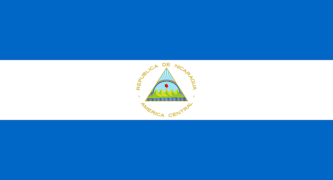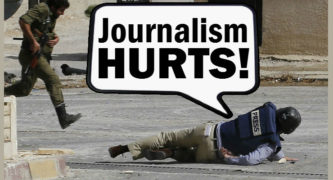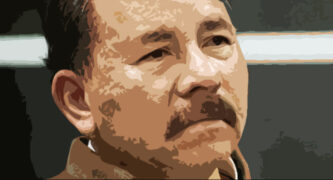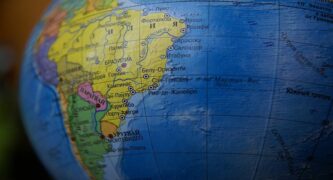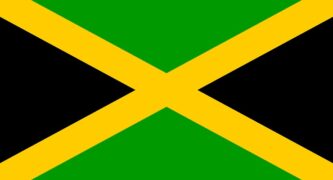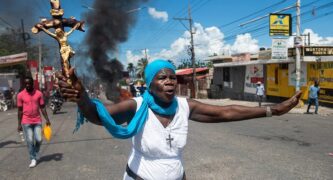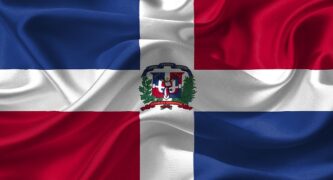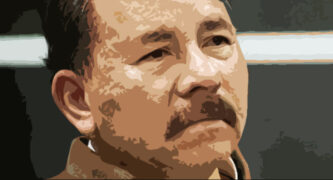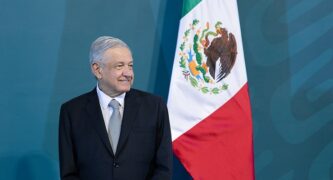Over 200 Nicaraguans, including presidential candidates Maradiaga and Chamorro, were released from prison and flown to the US.
Central America articles on Democracy Chronicles
Bordered by Mexico to the north and Colombia to the southeast, Central America consists of seven countries: Belize, Costa Rica, El Salvador, Guatemala, Honduras, Nicaragua, and Panama. Many countries in the region suffer from high crime rates.
2022 Is Deadliest Year On Record For Mexican Journalists
15 journalists were slayed this year in Mexico, a perilous situation again showcased by a near-miss attack this week on a prominent reporter.
Under Daniel Ortega, Nicaragua Has Become A One-Party State
In sham elections on November 6th the ruling party Sandinista National Liberation Front won 153 out of 153 municipalities.
Latin America’s Democracies ‘Shaken’ Ahead Of Key Polls
Some Latin American nations are facing major obstacles to democratic reforms particularly in the lead-up to important elections.
Jamaica’s Long And Winding Road To Becoming A Republic
Jamaica’s Constitution Reform Committee is tasked with reviewing the 1962 Constitution to facilitate the country’s transition to a republic.
Haiti Sinks Into Pandemonium, The World Community Is Silent
Haiti remains unstable. Pandemonium is spreading further over the nation. The international community, as usual, is silent.
Corruption Gains Ground In Dominican Republic After Acquittal
The June 6, 2022, decision to release 11 suspects of serious corruption is a major setback for rule of law in the Dominican Republic.
Nicaragua Tightens Grip On Universities To Stifle Dissent
Ortega’s obsessive pursuit of non-existent attempts to destabilize his regime is seen in the state’s takeover of private universities.
In Latin America, Being A Journalist Can Get You Killed
Following a state of emergency to fight against gangs, El Salvador has taken another serious step in undermining press freedoms.
Mexico President Lopez Obrador wins recall vote amid low turnout
President Andres Manuel Lopez Obrador had voted in favor of the referendum, which the opposition saw as a diversionary tactic.
